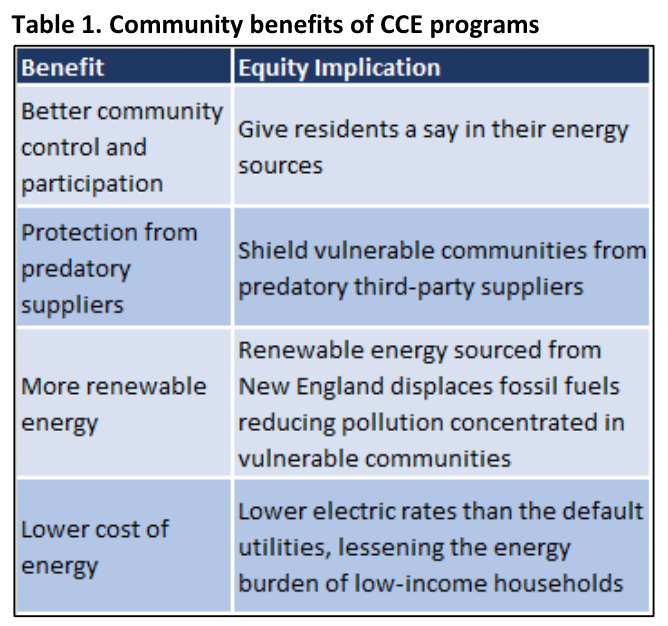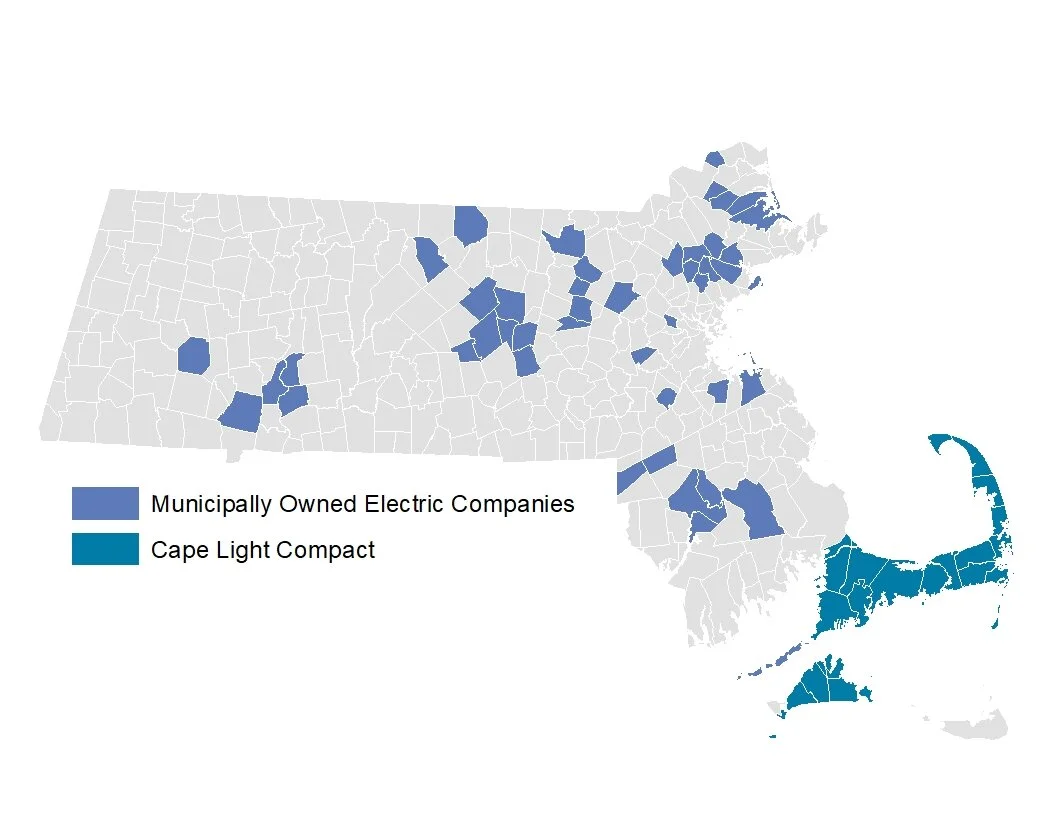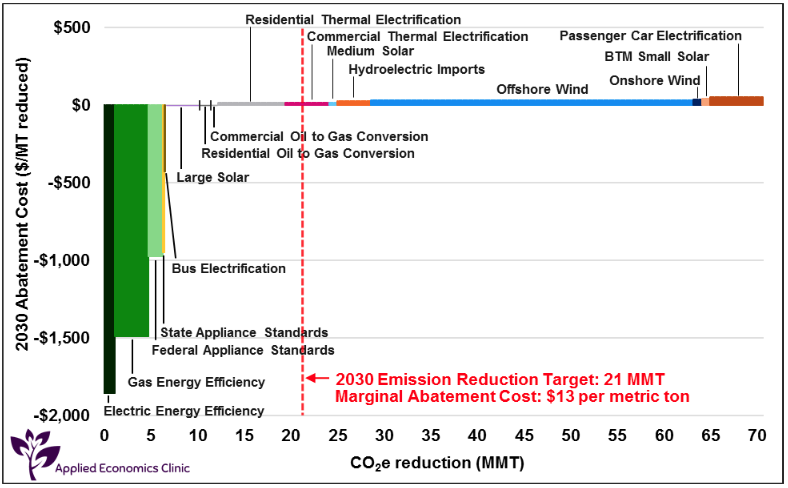Client: Renew New England
Authors: AEC Staff
August 2020
On behalf of the Renew New England coalition, AEC used publicly available data to produce visualizations of racial disparities.
There are three sets of data graphics:
1) The first set shows disparities in rates of incarceration, average income, COVID-19 cases, and unemployment across as many as five racial categories: Asian, Black, Indigenous, Latinx and white. This data is presented for each of the New England states and the U.S.
2) The second set shows Black/white disparities across as many as 23 measures (e.g. homelessness, infant mortality, educational attainment). This data is presented for Massachusetts and the total U.S.
3) Black/white unemployment for all U.S. states and the U.S. average.
The data demonstrate that racial inequalities are pervasive across common measures of well-being like employment, incarceration, poverty status and educational attainment. These inequalities are consistent across New England and the rest of the United States. For example, across the United States today, a Black individual is 6.4 times more likely than a white individual to be incarcerated, 2.4 times more likely to have a positive COVID-19 test, and 2.2 times more likely to be unemployed.
Link to Presentation
Link to Downloadable Images
Return to Our Work




















